How Morocco Is Weaving a New Future for its Textile Industry
)
Morocco's textile industry – a cornerstone of its economy – is rapidly changing thanks to the integration of cutting-edge technology and smart manufacturing practices. This shift is enhancing the sector's competitiveness, promoting sustainability and attracting significant foreign investment.
Technology and Innovation Driving Growth
The Moroccan textile sector is leveraging advanced technologies to modernise its operations from the factory floor to the global marketplace.
- AI-Driven Optimisation
AI is being used to automate and optimise various production processes. It is being used to improve quality control by identifying defects more efficiently than human inspection. It also helps in machine monitoring, allowing companies to predict maintenance needs and minimise downtime. This focus on AI-driven efficiency is supported by institutions like the Technical Centre for Textiles and Clothing, which helps manufacturers adopt these new technologies.
- Industry 4.0 and Smart Factories
Morocco is actively promoting the adoption of Industry 4.0 principles, which involve connecting machines and systems to create a fully integrated, "smart" production environment. A prime example is the Fez Smart Factory, an innovation hub designed to help both start-ups and established businesses develop and implement smart factory solutions. This initiative aims to transform traditional industrial units into high-tech, data-driven facilities, positioning Morocco as a leader in advanced manufacturing.
- Digital Supply Chain
The digitalisation of the supply chain is a key priority. Platforms like the AMITH Marketplace connect Moroccan suppliers with international buyers, streamlining the procurement process and increasing market reach. This digital integration also improves traceability and transparency, which are crucial for meeting the demands of major clients in Europe who are increasingly focused on ethical sourcing and sustainable production.
- Advanced Machinery and Automation
To boost productivity and quality, Moroccan textile firms are investing in state-of-the-art automated machinery for every stage of production, including weaving, dyeing and finishing. This investment not only helps reduce costs and improve efficiency, but also enables the creation of high-quality, complex fabrics and designs that are in high demand globally.
Sustainable Practices and the Circular Economy
Technology is a critical tool in Morocco's push for a more sustainable and circular textile industry.
- Rolling Out High-Value Recycling
A UNIDO pilot project highlighted the potential for "high-value" recycling of textile waste. This initiative uses technology to process pre-consumer waste and fabric scraps into new garment products, reducing the sector's reliance on virgin materials like cotton. By implementing advanced recycling and spinning processes, Morocco is working to create a local value chain for textile recycling, which is both economically and environmentally beneficial.
- Wastewater Treatment Attracts Global Brands
Companies are also investing in advanced environmental technologies. A prime example is the firm Tintcolor, which installed a biological water treatment plant. This technology significantly reduces pollution from its dyeing processes and has helped the company attract sustainability-focused brands like H&M and Patagonia.
Opening the Door to Foreign Investment
Morocco's strategic embrace of technology and sustainability is making it an attractive destination for foreign direct investment. The Chinese textile giant Sunrise is making a substantial investment of $240 million to build two new textile plants in Fez and Skhirate. These facilities will incorporate the latest equipment to produce a wide range of textile products, helping to establish an integrated local supply chain.
This investment, along with others, demonstrates global confidence in Morocco's strategic vision.
The Moroccan government is actively supporting these developments through various industrial acceleration plans. These initiatives, which are part of the country's broader Digital 2030 strategy, aim to create a fertile ground for integrated industrial ecosystems and establish Morocco as a regional hotspot for advanced manufacturing.
Discover new opportunities in this burgeoning sector by visiting WAM Morocco from 20 – 22 January, 2026 at Foire Internationale De Casablanca.


